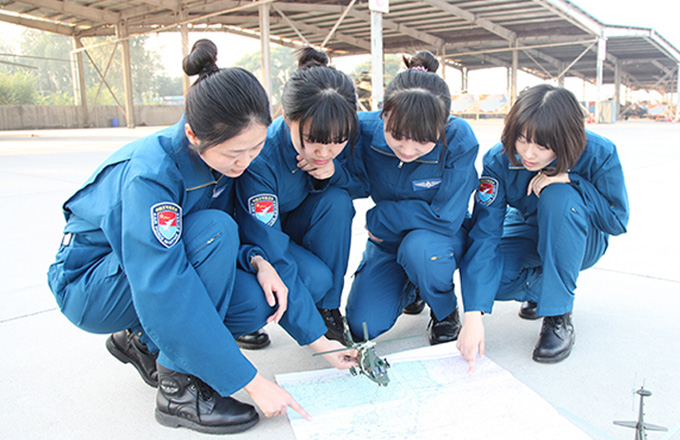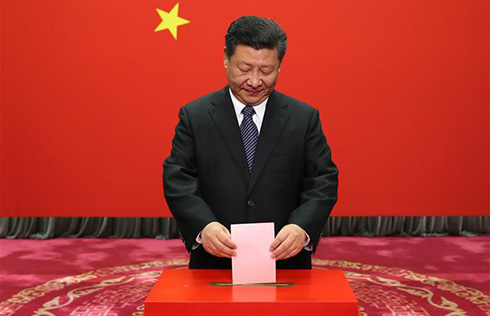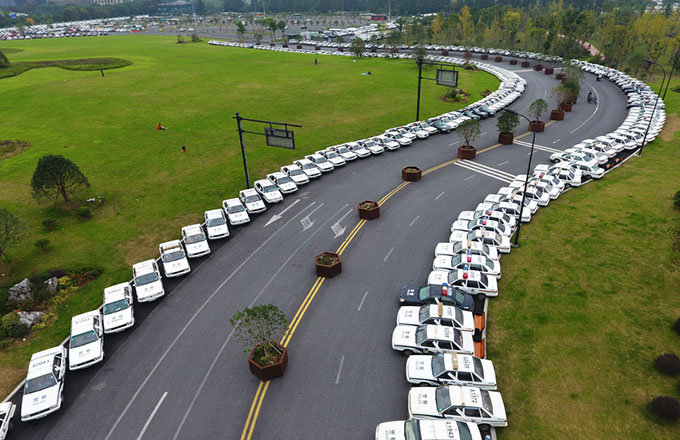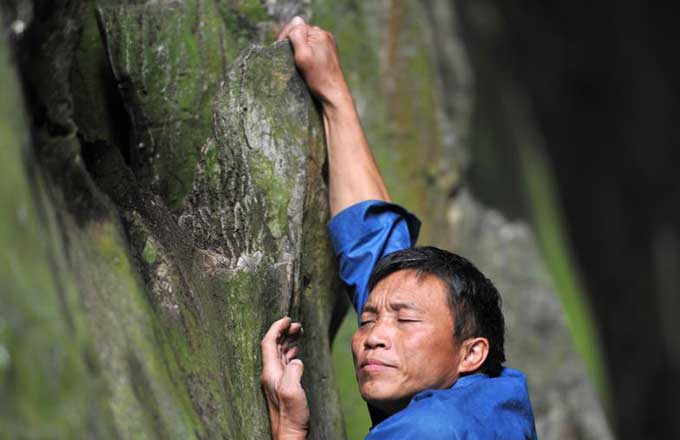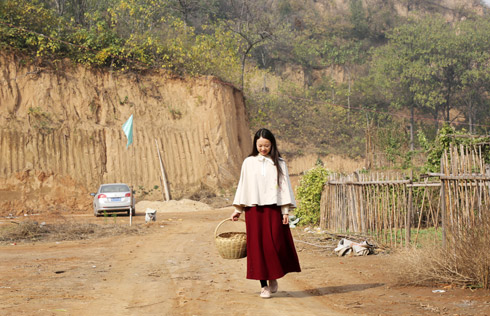Deal signed on organic standards
|
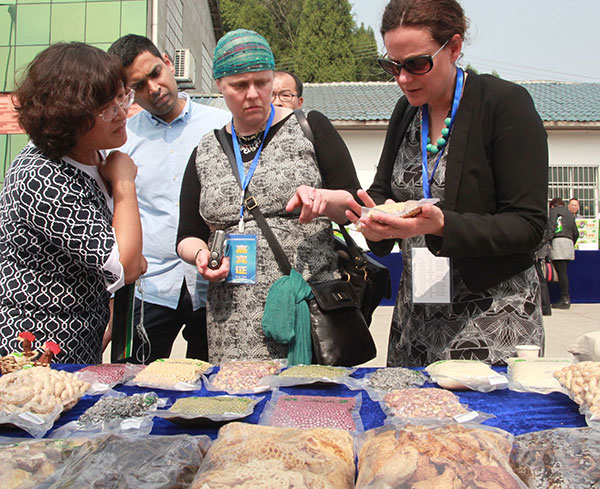 People from New Zealand check organic produce at an agriculture industrial park in Nanchong, Sichuan province, last year. They were attending an international organic agricultural development forum in the city.Wang Jue / China News Service |
China and New Zealand agree to recognize each others' agricultural product certification
China signed a landmark agreement with New Zealand on Monday that will see the countries recognize each other's standards for organic products.
The deal is the first of its kind for China and will boost development of the domestic organic industry and bilateral trade, according to the Certification and Accreditation Administration.
Sun Dawei, head of the administration, and Martyn Dunne, director-general of New Zealand's Ministry for Primary Industries, inked the agreement in Beijing.
According to the agreement, organic products exported from New Zealand will have a certificate from the ministry, while those heading the other way will be certified by the Chinese administration, removing the need for lengthy checks at their destination.
About 70 percent of New Zealand's organic products are exported, with much of it shipped to China. The most common goods are dairy products, meat and vegetables, while China exports organic coffee, frozen vegetables, crops and raw materials for pet food.
"China is negotiating with countries including Denmark, the United Kingdom and Thailand as well as the European Union for mutual recognition of organic food certification," said Wang Maohua, an official overseeing food and agricultural product certification at the administration. "We expect to reach an agreement with Denmark in one or two years."
The organic industry in China has grown rapidly in recent years, despite the nation's economic slowdown. Total sales reached 60 billion yuan ($8.78 billion) last year, twice as much as in 2013, Wang said. Best-sellers include dairy products, wine, rice and vegetables.
China strictly regulates the industry. For example, enterprises that have their certificates revoked for faking organic processes must wait up to five years to reapply for certification.
Jia Huai, a researcher at the China Council for the Promotion of International Trade, told Xinhua News Agency that China has faced obstacles in signing mutual recognition agreements on organic standards with other countries as its domestic organic industry lacks credibility due to some enterprises adopting controversial practices.






